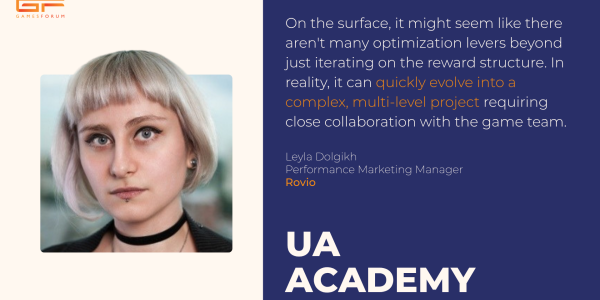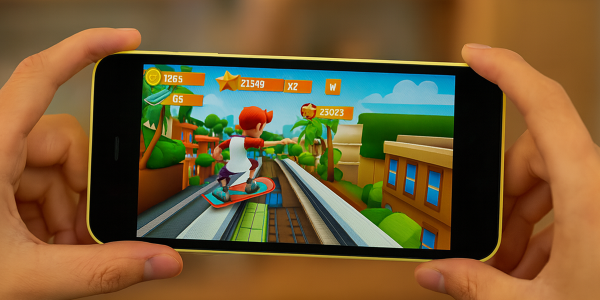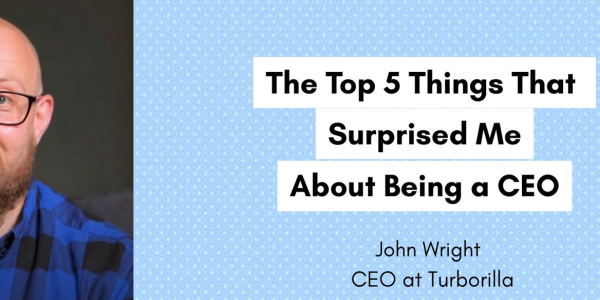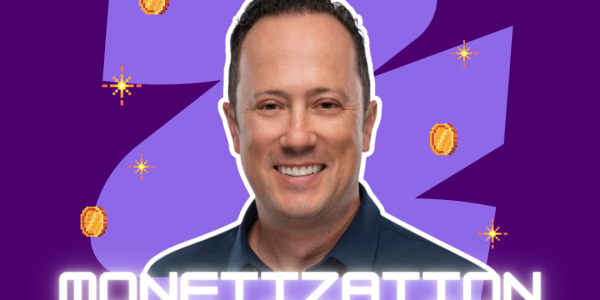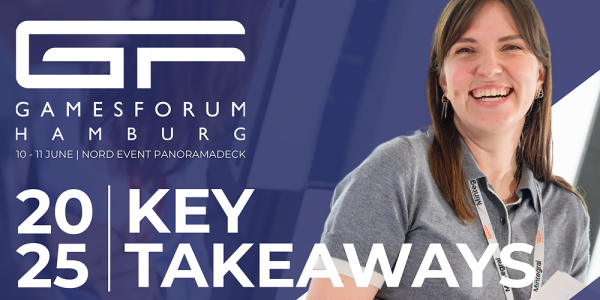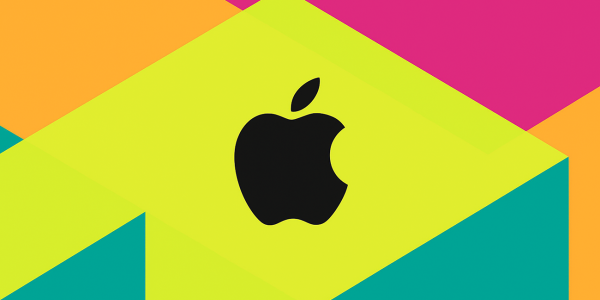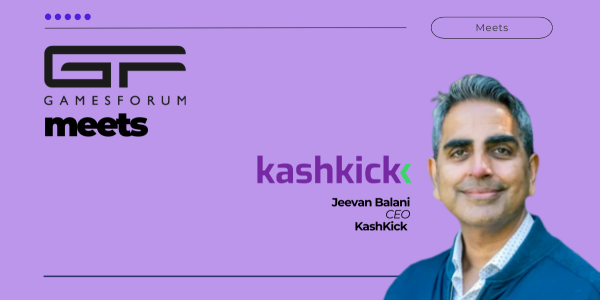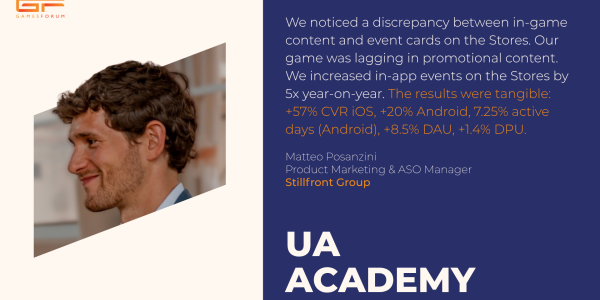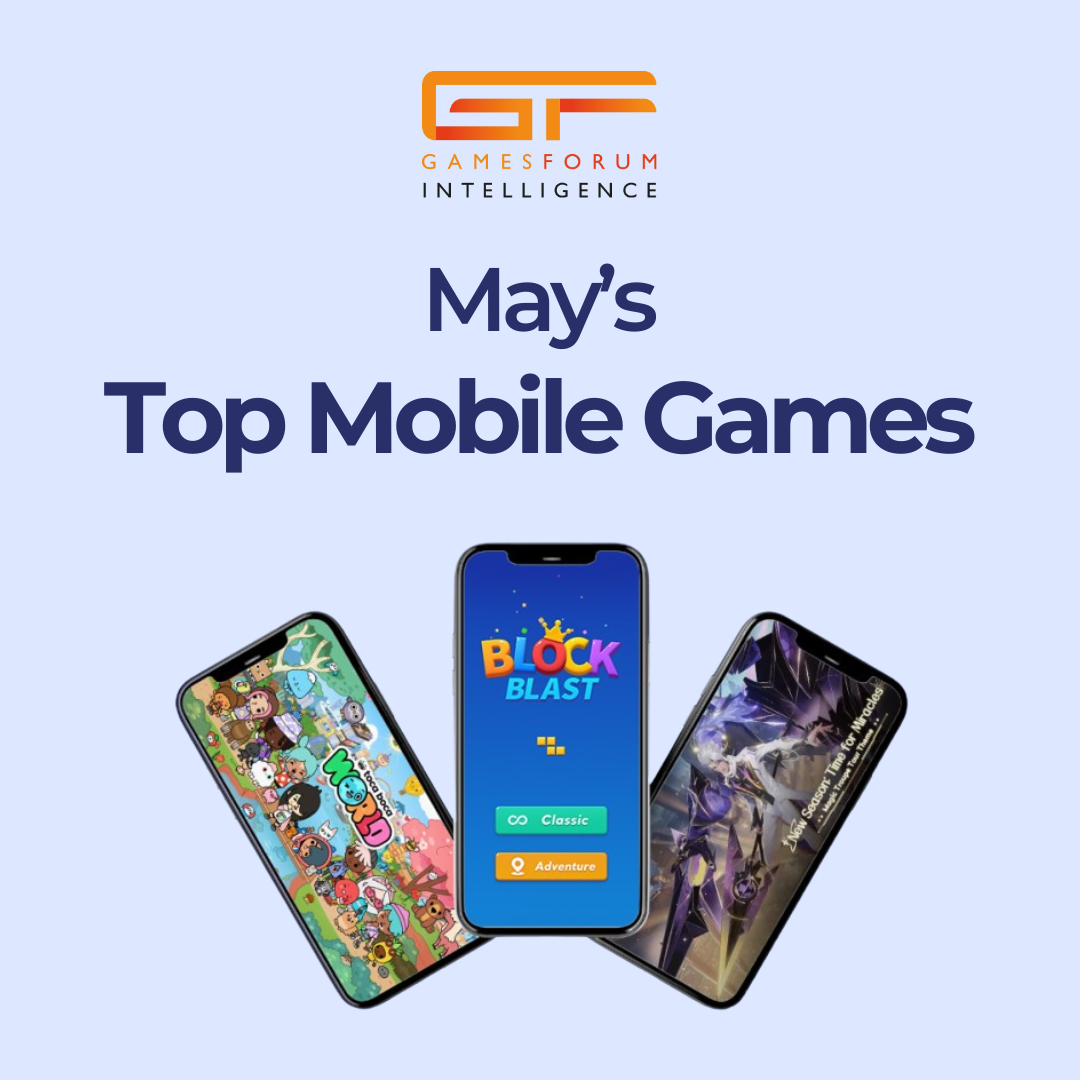Gamesforum Meets: Jure Grahek, SVP of Strategic Initiatives, ZBD
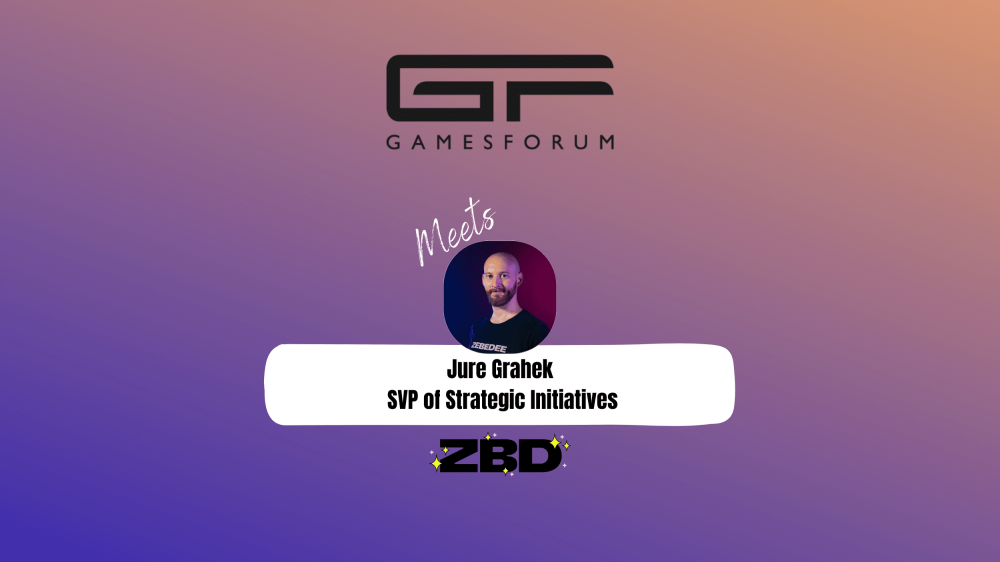
Q. Hey Jure- thanks for taking the time! Can you introduce yourself?
A. My pleasure! I’m SVP of Strategic Initiatives at ZBD, which basically means I get to figure out new strategic opportunities and partnerships for ZBD. Mostly, I help our team develop new product propositions and revenue streams, and find ways for us to work with other companies where it’s not immediately obvious what exactly that would look like. Sort of like strategy/business development R&D. Before this, I was Head of Marketing at ZBD. So I’ve been around the business in different roles more or less from the beginning.
Q. Talk to us about your journey in gaming so far.
A. My first professional experience in gaming was in 2019, when I started working as a contractor for Outfit7. Being from a small town in Slovenia, this was super cool, it’s basically the biggest tech company to come out of our company. That’s when I started learning about what the gaming industry looks like from the inside. And of course, like most people in this industry, I love games and was pretty hardcore into gaming at a certain point in my life. But my background is more in the fintech and cryptocurrency worlds. ZBD was an opportunity to marry the two.
Q. It has been a turbulent year for gaming. In your opinion, what has led to this moment of declining monetization and more expensive UA?
A. We’re in a pretty bad macroeconomic moment right now and entertainment is the first thing people cut spending on when money is short. Gaming escaped for a while, because the pandemic lockdowns actually worked well for this industry, but now we’re starting to see what a world with less money looks like, coupled with the fact that it’s a saturated industry.
Beyond the wider economics at play, I think gaming, and mobile gaming especially, was bound to go into a downturn in any case. Free-to-play mobile games, which make up the majority of the market, especially always seemed like such a strange and unsustainable bubble to me. Advertising makes up the majority of revenue in this segment of gaming. How many ads inside mobile games are for other mobile games? Again, the majority. So if most games are making money from other (similar) games advertising inside them, how does that work sustainably?
Coming from a crypto background, this always seemed like a bubble to me. The situation of games making money from other games advertising in them can only work as long as there’s an influx of new users and growth in spending. This is a bubble in the same way that Web 3 was a bubble, or ICOs were a crypto bubble before that (in 2018/19). It’s not as bad for mobile gaming, because it does have strong fundamentals. But still, this is not a situation that can just last and accommodate an ever-increasing number of companies and titles.
I also think the situation isn’t as bad as everyone is making it out to be. It’s more that gaming had it easy until now. It’s hard to profitably scale a game? Guess what, that’s hard in all industries. Companies that are focused on innovation, building for value and meeting user expectations are still doing great.
Q. How are publishers fighting through this moment of difficult growth and monetization?
A. The only solution is innovation. If what you’re doing isn’t working any more, do something different. On our side, we’ve seen a massive change in attitudes towards our proposition over the past three years. It went from “why would I need this?” to “this makes sense.” Publishers are rethinking their strategy on all fronts – from the genres and game design, to UA strategies and novel retention tools like what we offer.
If I were to make a prediction on the monetization side, I’d say direct-to-consumer sales will become much bigger in the next few years. How exactly that plays out will largely depend on the gatekeepers of IAP innovation, so basically Apple and Google.
Q. Let’s talk rewarded play, how are the team at ZBD helping publisher unlock new users?
A. We don’t necessarily help publishers reach new users. We help them get much more from the users they already have. Our main use case in gaming right now is doing real-money player rewards. So say you’re playing a mobile game and that game is paying you tiny amounts of money just for playing as you normally would. Think fractions of a cent at a time, but it’s money you can instantly withdraw to your ZBD app and spend. This has proven to be a very powerful retention tool, which in turn increases per-user monetization drastically.
From the business-model perspective, you can think of it like a revenue share that’s embedded into the game. Our partners give 10-25% of their ad revenue back to the users and in turn monetize them 80-300% better. That’s one hell of a return on investment.
The obstacle we faced so far is that we didn’t have an easy out-of-the-box solution for publishers to integrate our rewards tech. It’s not that it was very hard, but it was an API solution that required some development and security work. We solved this by building an SDK, which is currently in testing with a few well-known mobile publishers and will be released publicly later this quarter. That’s probably already more than I should say about it, but it’s hard for me not to get excited talking about it!
Q. Do you think that some publishers have lost sight of actively engaging users as a tool for success?
A. Probably, since hypercasual exploded and the industry saw just pushing in users and letting them churn fast can work well. On the other hand, I do think the importance of building a community and focusing on network effects from the audience you have is becoming more of a focus these days, at least from my perspective. That said, publishers that are not super involved with the IP they’re pushing have an inherently harder time of connecting to their users compared to smaller studios and indies, who are much more closely connected to their product. When it comes to engaging users and building a real connection, it’s hard to replace having actual deep passion for your product. But that’s hard to expect from a publisher. In a way it’s at odds with their business incentives. At the business model level, this is a numbers game. I don’t think there’s anything wrong with that, part of what we do at ZBD is essentially making engagement even more of a numbers game. Want to keep a user engaged? Throw a bit of money at them. Want to keep a community happy? Rain down some cash on them (we have a Discord bot for that). In some ways, that’s a very cold, “numbers game” type of approach, but it works and users like it, so why not.
Q. I wanted to shine a light on your recent partnership with AdInMo. How are your teams working together to help studios be at the forefront of innovation?
A. AdInMo makes non-intrusive ads. ZBD makes real-money player rewards tech. These rewards need to be funded from somewhere. So why not fund them directly from something that really isn’t bothering the players at all?
We combined our tech to create in-play ads that reward players with Bitcoin. So instead of integrating AdInMo ads to get a bit of extra monetization, you’re basically integrating them to power a retention mechanic, which in turn makes all your other monetization sources much more efficient. Not to mention it’s very simple to integrate and games teams don’t have to think about the funding flows happening in the background.
To the players, the experience is very seamless and they don’t necessarily realize seeing these ads is what’s making them earn Bitcoin. Because the format itself is non-intrusive. So they just play the game as they normally would and receive a bit of money for their time! The longer they play, the more ads they’ll naturally encounter and the more they’ll earn.
Q. Final question, you were part of a fantastic panel at Gamesforum Barcelona on upgrading rewarded strategy. What were some of your core takeaways from the discussion?
A. More than the discussion itself, what stuck with me was the number of people that came to listen and the interest they showed through their questions and comments. To me, this shows that the industry is actively searching for new solutions and see rewarded play, alongside novel adtech solutions, as an interesting proposition with high potential.
We were privileged to have ZBD support us at Gamesforum Barcelona earlier this year! You can find out more about ZBD here.

